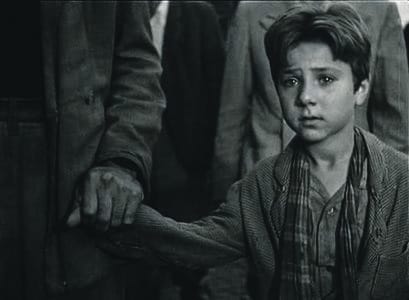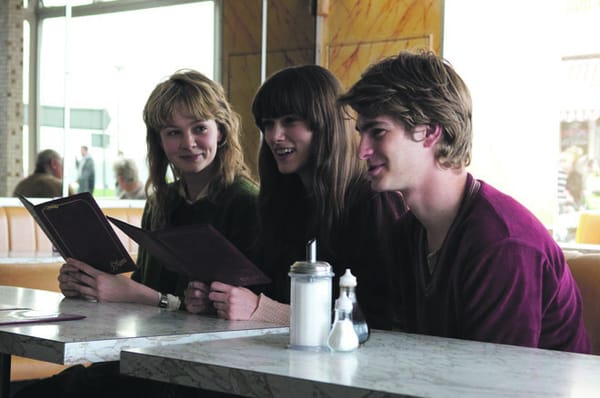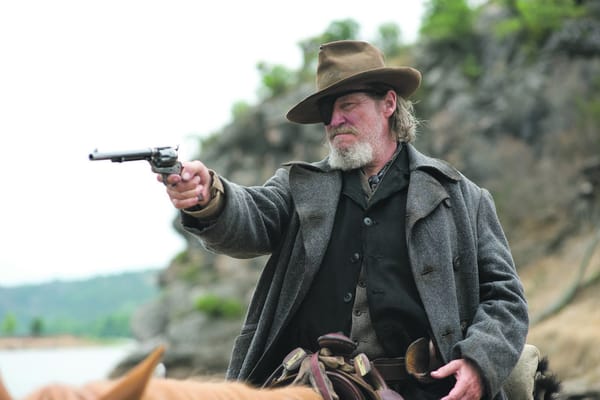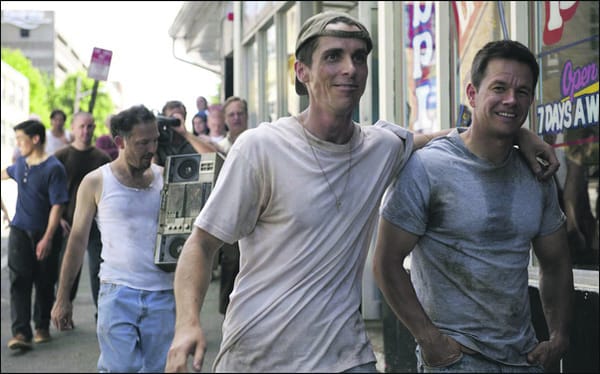Bicycle Thieves
Vittorio De Sica's 1948 masterpiece is a beautifully crafted portrayal of suffering and poverty in post war Rome

A man searching for his bike hardly sounds like a great plot for one of the most beloved films of all time, but Vittorio De Sica's 1948 masterpiece is a beautifully crafted portrayal of suffering and poverty in post war Rome. Being the definitive Italian Neorealist film, Bicycle Thieves has all the anti-Hollywood touches that made this genre so refreshing. The cast are all amateurs, the script largely improvised and the whole film is shot on location.
Lamberto Maggiorani (a factory worker before being snagged by De Sica for the role of Antonio) plays a typical down and out Roman, desperate for work, who assembles every morning with his fellow unemployed begging for a job from a city official. Fortunately his run of bad luck is over and he gets a job putting up glossy film posters around town. However his bad luck soon returns after his bike is stolen on his first day of work. Accompanied by his plucky young son, he spends the next day pounding the pavements searching for the precious bike which his livelihood depends on.
The beauty of this film is the relationship between Antionio and his son Bruno (A mesmerising performance by Enzo Staiola). Bruno idolises his father, regardless of his inability to provide for his family and over the course of the day the young boy learns the invaluable lesson that life is simply unfair. In one scene, Antonio agonises over the hopelessness of his situation and strikes his son but quickly jumps to conclusions after witnessing another person nearly drown in the Tiber. But his relief after finding Bruno alive and well quickly dissipates upon realisation that he is no closer to finding his bike. The social commentary is not subtle, this is a Marxist parable after all, however an exchange of glances between Bruno and another child in a restaurant is remarkably charming.
Being a Realist film, there is predictably no happy ending. Against all the odds, Antonio recognises his bike and after tracing the thief to a brothel he finds himself confronting the local gangsters. A local policeman admits he can't do anything and in absolute dispair Antonio steals another bicycle but is caught straight away, Although his sympathetic victim doesn't press charges, the damage has been done and in the famous heartbreaking ending Antonio takes his distraught son home, his heroic opinion of his father shattered.







